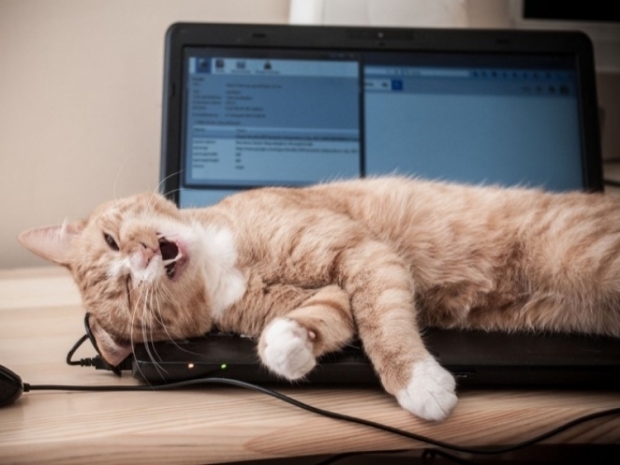While Google's Sundar Pichai or Meta's Mark Zuckerberg insist that staff come into the office for three days a week to sit in front of a whiteboard while a middle manager tries to brainwash them with management speak, Houston thinks it is time they grew up.
Speaking to Fortune Houson said that employees have options and are not resources to control.
While Dropbox used to work near-entirely at its Bay Area headquarters, Houston has thoroughly warmed to a distributed model since the pandemic — and is mystified as to why other leaders haven't joined him. (Houston founded Dropbox in 2007, after graduating from MIT, and has been its CEO ever since.)
"From a product design perspective, customers are our employees. We've stitched together this working model based on primary research," he told Fortune at Dropbox's WIP Conference.
"We've just been handed the keys that unlock this whole future of work, which is here."
In April 2021, right when most of the country became eligible for vaccines, and people began reconvening again across the globe, Dropbox encouraged the opposite.
It officially announced its intent to go Virtual First, which meant employees were free to work remotely 90 per cent of the time, only commuting in for the occasional meeting or happy hour.
In practice, Houston and his team have found that a handful of two- or three-day offsites per quarter — 10 per cent of the year — works best for their people.
It provides that oft-referenced cultural connect and brainstorming time that pro-office zealots insist upon without exhausting workers with a commute grind or needless hours in conference rooms.

